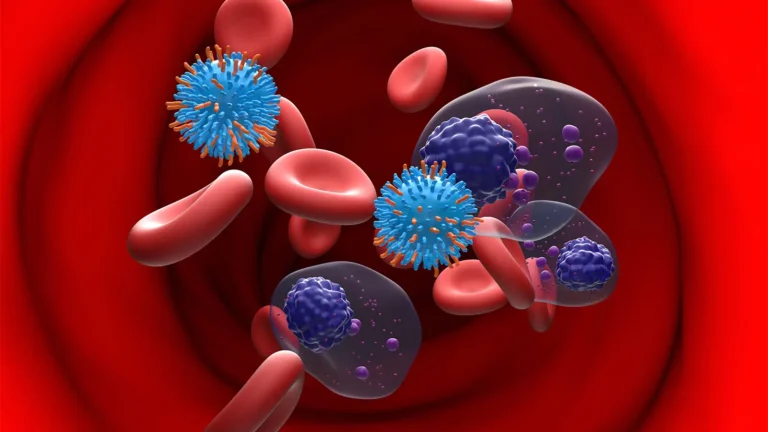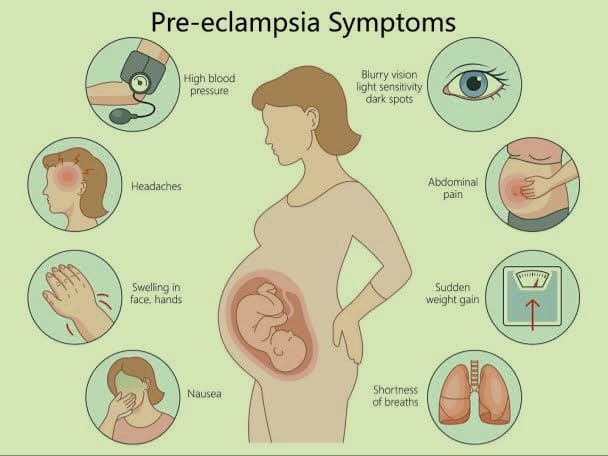Eye-Sight and Pregnancy
Your eyesight may be impacted by the physical and hormonal changes that accompany pregnancy.
Most problems are often transient and small. When the baby is born, your vision should return to normal. However, some pregnancy-related issues could need medical care.
- Blurry Vision
Pregnancy-related blurry vision is a transient alteration in your eyesight. Hormone fluctuations have an impact on your eyes, which is why it happens. It might be concerning when your vision suddenly changes. However, fuzzy vision is rarely an indication of an ongoing eye problem.
- Dry Eyes
Pregnancy can cause dry eyes in some women. After birth, it usually disappears and is only temporary. Fortunately, using lubricating or riveting eye drops during pregnancy or breastfeeding is completely safe. They can reduce the pain associated with dry eyes.
- Pre-eclampsia
Preeclampsia: This potentially fatal but manageable condition develops in or after the 20th week of pregnancy. When a woman’s blood pressure is normal before pregnancy, she experiences symptoms of high blood pressure. This disease can endanger both the mother and the newborn. Symptoms including; Temporary blindness, Light sensitivity, Blurred vision, feeling spots, flashing lights, or flashes.
- Increased eye pressure
Pregnant women can develop glaucoma, a condition characterized by increased intraocular pressure. If not properly diagnosed and treated, it can result in vision problems.
- Diabetes During Pregnancy
Women who have not had diabetes before can develop the disease after becoming pregnant. Although many people have no symptoms, those who need to monitor their health and may need to take medication if diet and exercise are insufficient to control the disease. Although it usually goes away after delivery, women who develop it during pregnancy are more likely to develop type 2 diabetes later in life.
- Prevention
This part of your pregnancy is unstoppable due to the hormonal changes that cause these problems. Pregnant women can find other ways to relieve eye strain, although they may not prevent blurred vision.
- You can reduce the discomfort in your eyes by not wearing contact lenses, especially if dryness is causing your blurred vision. Until your vision returns to normal, use your glasses or buy a pair to keep on hand.
- Even if you don’t always have vision problems, exercise your vision. These exercises will keep your eye muscles strong and focused.
- Many problems, including blurry vision, improve with rest. Aim for adequate restful sleep, and take short breaks during the day.
- Care and Treatment
To reduce eye strain and protect your vision, you can do the following:
- Stay away from contact lenses as they may not fit your cornea properly.
- Keep a close eye on your blood sugar levels and follow your healthcare practitioner’s advice if you have gestational diabetes.
- When reading or performing other duties that require handling small objects, make sure you are in well-lit areas.
- Strengthening the muscles in your eyes can help you focus better.
- Taking naps and breaks during the day to rest your eyes, if possible.
- Putting on sunglasses if you have light-sensitive eyes.
- To keep your eyes healthy in general and to help relieve dry eyes, drink plenty of water.
Pregnancy may not be safe for medications and treatments for many common eye problems. Pregnant women should always consult their doctor before starting or completing any pharmaceutical regimen or treatment for eye problems.
Pregnancy-related blurred vision has few therapeutic options. Lubricating drops are an effective treatment for red, irritable eyes. It’s often advisable to wait for your vision to get better after having delivery.
Contact your health care doctor immediately when you notice a change in your vision. You think you can handle your blurry vision on your own. It is important to determine whether this indicates preeclampsia, gestational diabetes, or another medical problem.







